Hurricane Sandy brings reminder of Fukushima
On October 29, Hurricane Sandy, after devastating the Caribbean and mid-Atlantic, wreaked havoc along its path as it swept across the states of New York and New Jersey.

On October 29, Hurricane Sandy, after devastating the Caribbean and mid-Atlantic, wreaked havoc along its path as it swept across the states of New York and New Jersey.
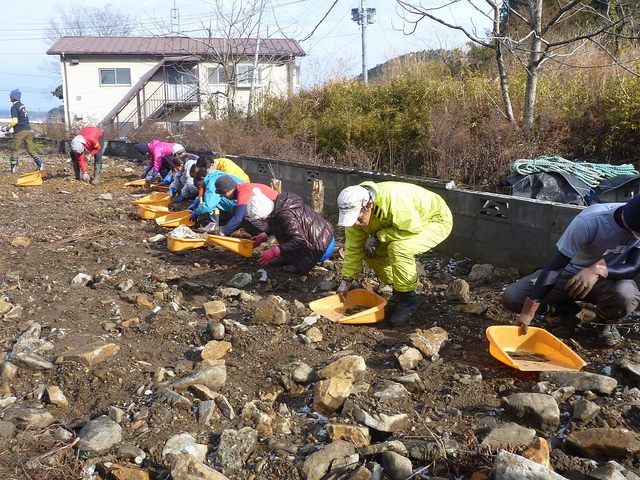
Last November, Maryknoll Sisters Janice McLaughlin and Jean Fallon traveled to Japan, where Sr. Jean lived and worked for many decades.
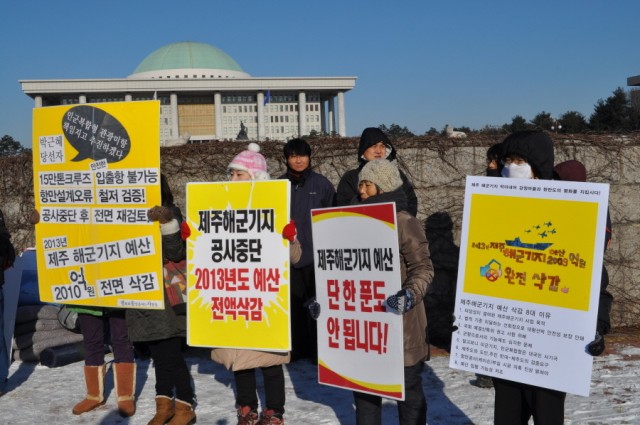
The following is based on an article written by law professor Shin Yong-In and published on the website of Save Jeju Now, the campaign to end the construction of a naval base on Jeju Island, South Korea.

In November the Guatemalan Bishops’ Conference issued a statement recognizing the current crises in Guatemala. Many of the points raised highlight the goals that the Maryknoll Office for Global Concerns has outlined for our Sustainable Pathways to Peace and Inclusive Security (SPPS) program work
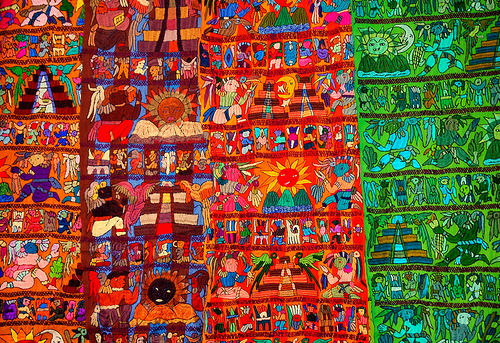
Statement from the Bishop’s Conference of Guatemala to all sisters and brothers of faith and to all Guatemalans of good will
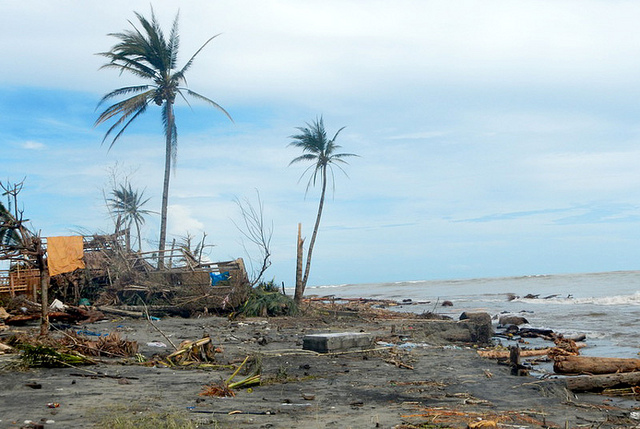
The December 4 typhoon that hit Mindanao is the latest indicator of the critical importance of addressing climate change.

A scripture reflection on Our Lady of Guadalupe, written by Sr. Esther Pineda of Pax Christi USA’s National Council.
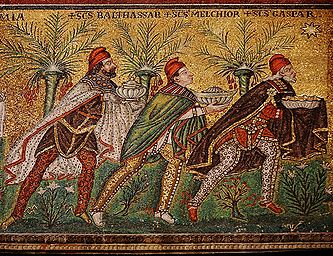
A financial transaction tax is one way that lawmakers could solve the dilemma of how to raise revenues to serve the common good, perhaps following the example of another cast of characters at the nativity scene: the three wise men.

A prayer for comfort, strength and hope.

This prayer of thanksgiving is written by Jane Deren, senior advisor for the Center of Concern’s Education for Justice project.

The following are suggested resources published in the November-December 2012 NewsNotes.

On October 3, the Hershey Company announced that by 2020, all of the cocoa it sources will be independently certified, according to a press statement, “to assure that it is grown in line with the highest internationally recognized standards for labor, environmental and better farming practices.”
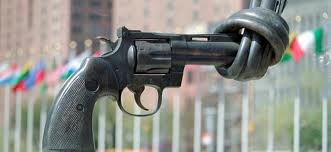
The following article was published in the November-December 2012 NewsNotes.
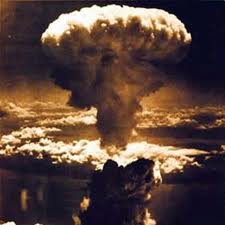
Fifty years ago, the 13 days of the Cuban missile crisis left U.S. residents with a stronger recognition of the danger that nuclear weapons pose to the entire planet. Today, over 20,000 nuclear weapons exist throughout the world. The nuclear posture review by the current U.S. administration can be an opportunity to make progress toward a nuclear weapon free world. The following article was published in the November-December 2012 NewsNotes.

In early September countries involved in the Trans-Pacific Partnership (TPP) negotiations resumed their 14th round of negotiations in Leesburg, VA. Though lip-service was given to transparency by the inclusion of stakeholder engagement, the meeting proceeded with the kind of secrecy that shrouds most trade negotiations. The following article was published in the November-December 2012 NewsNotes.

As we pray for those affected by the terrible devastation in the wake of Hurricane Sandy at the end of October — a storm whose size and ferocity can be attributed to climate change — we are faced with the dire need to respond as one Earth community. The following article was published in the November-December 2012 NewsNotes.
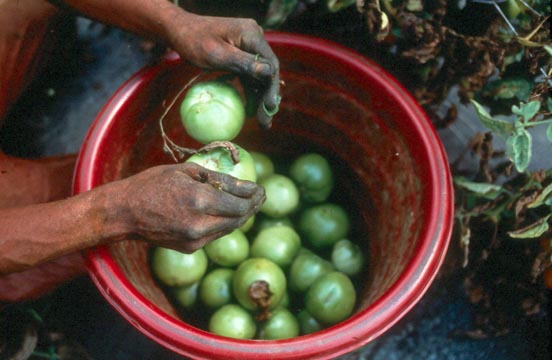
In recent years industrial agricultural corporations and financial actors have taken control over many aspects of the global food industry including land, production processes, and even the pricing. At the same time governments and multilateral organizations increasingly are embracing and promoting private sector solutions in the struggle against hunger and malnutrition without adequate public regulation of existing conflicts of interest. As all of this unfolds, concerns escalate that the people suffering from hunger and malnutrition will have even less access to food and to the resources to grow food for themselves. Moreover, these very people may even lose their voice in the political decision making process around food policy. The following article in the November-December 2012 NewsNotes looks at recent attempts to identify and address these concerns as hunger around the world only increases.
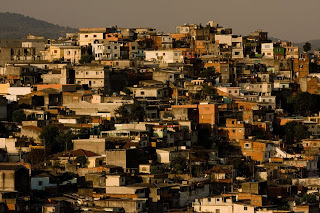
The following update was provided by Maryknoll Fr. Dan McLaughlin and was published in the November-December 2012 NewsNotes.